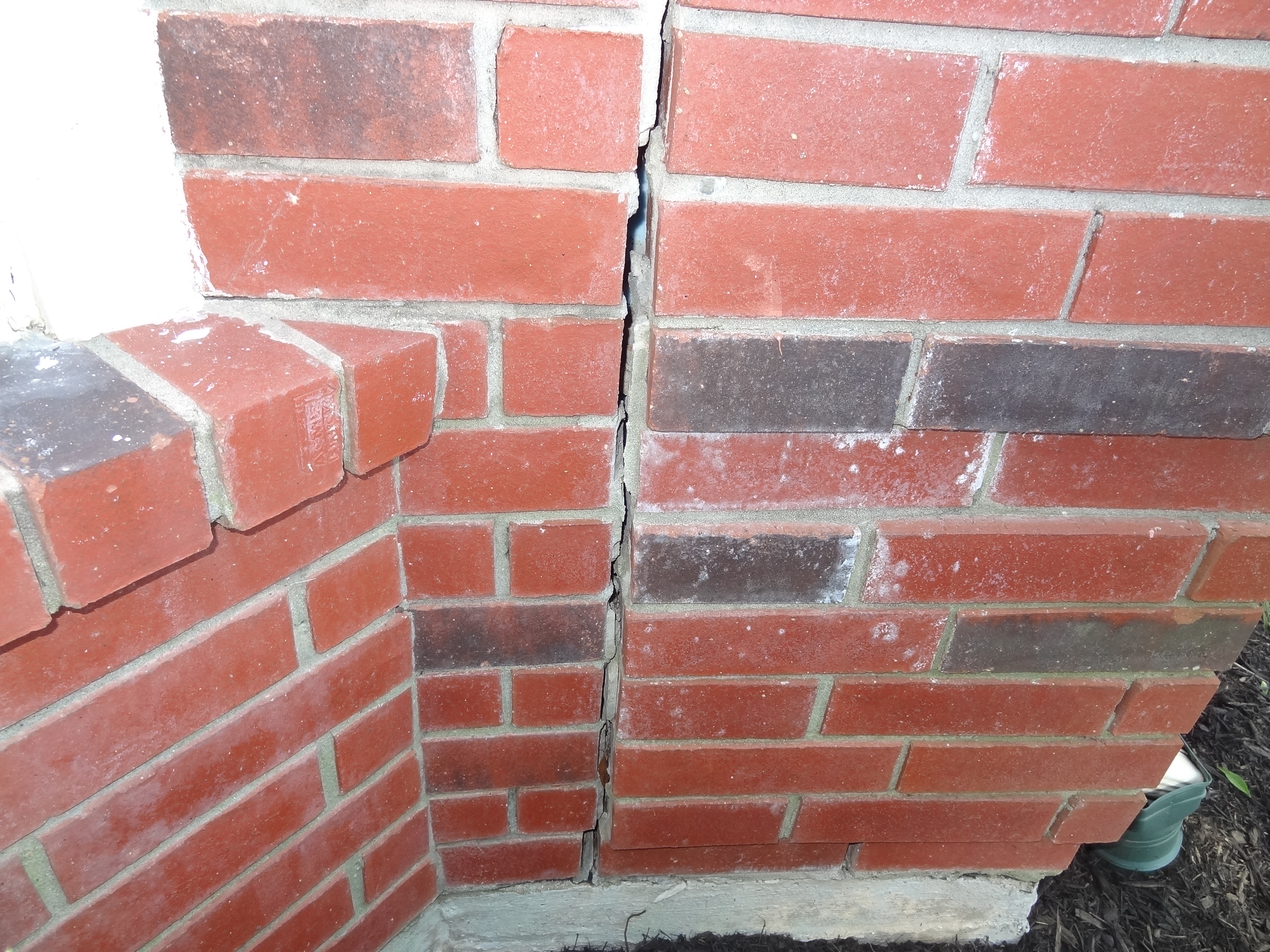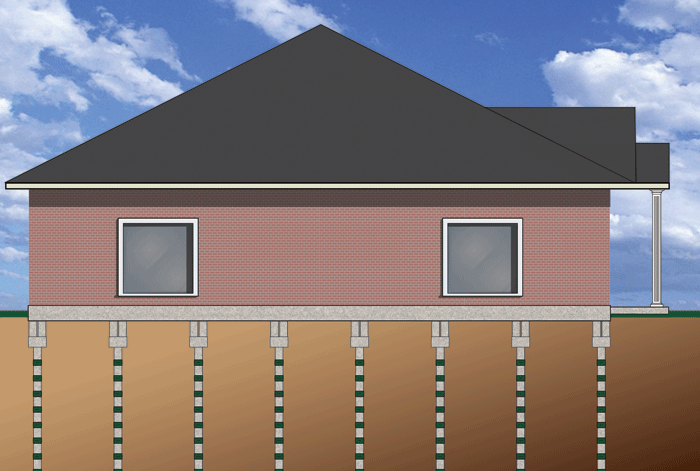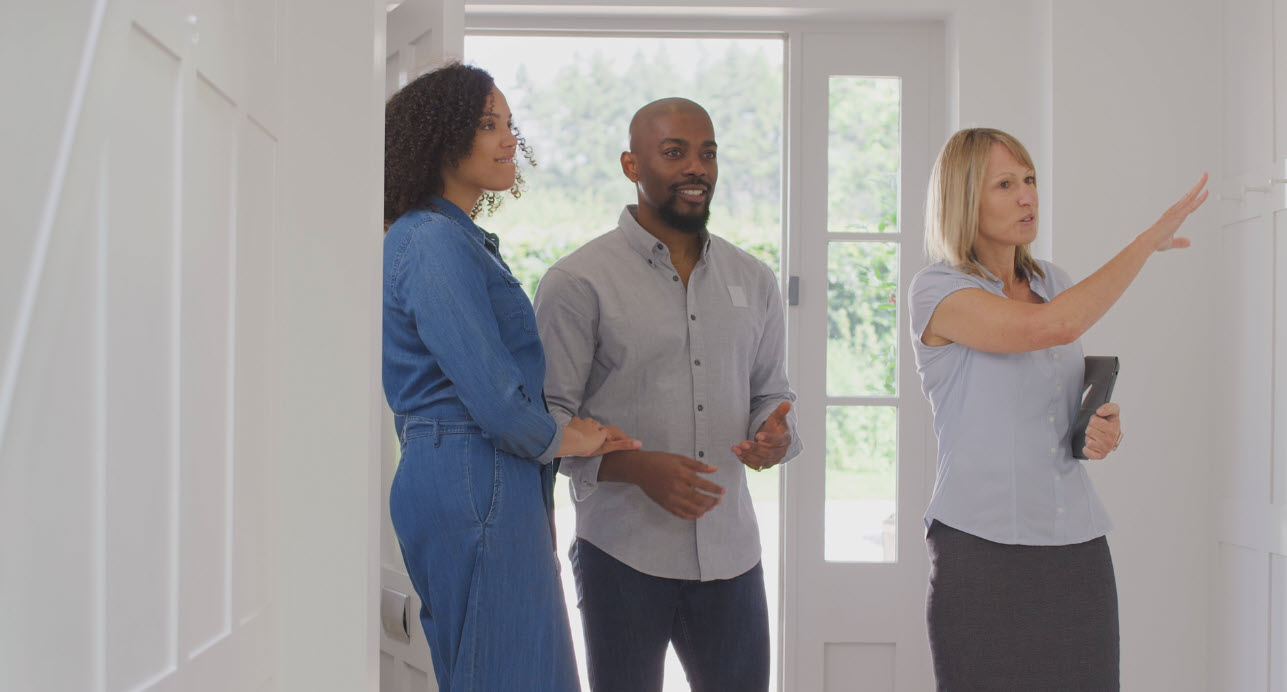Please know that a home inspection is one of the most important parts of buying a home. But it can be overwhelming trying to find a reputable inspector who you can trust. I provide all my buyer clients with a list of licensed home inspectors in the area to make this process easier for you. You should call ahead and “interview” some inspection companies to find the one you want to work with when you get a contract on a house.
In choosing a home inspector, consider one that has been certified as a qualified and experienced member by a trade association.
Ask if they:
a) measure the foundation levels
b) check walls and ceiling with thermal camera
c) provide color photos in report
Also get them to hire your termite inspection. Different inspectors charge different fees and those fees are partly determined by the age and size of the home.
A lot of the time, home inspectors will advise you to have a licensed HVAC specialist check the AC and furnace. If you think this will be an issue (because the house has an old HVAC system), you should set that appointment up in advance as well. Here are a couple of suggestions:
- Bill Anderson Air at 281-398-1823
- Fresh Air Inc at 281-747-5166
- Hartford Services at 281-261-3333
NOTE: Make sure the HVAC company understands this is an INSPECTION and you don’t own the home.
One thing to note…it’s challenging to test an AC in the winter time. For ACs you want at least a 15 degree differential, but 17 or 18 degree differential is the best. If the outside temperature is below 72 degrees, then an inspector may not be able to get an accurate reading.
Home inspections should include information and photos on the condition of the following:
- Appliances
- Plumbing
- Electrical
- Air conditioning and heating
- Ventilation
- Roof and Attic
- Foundation
- General Structure
Keep in mind that NO HOME IS PERFECT, not even new construction, and you should be prepared for $1000-3000 worth of repair issues listed on an inspection report (maybe more, depending on the age of the home).
What Is Inspected
The home inspection is designed to report on any actual or potential defects or problems with the home that may require repair. Not everything they report will be considered an actual defect by you; you must decide on whether or not the items noted require repair or not for your peace of mind. For example, I rarely see a home inspection report where the inspector does not note that the dirt is too high around the foundation of the home. This seems to be something that they always note because it could potentially hide termite activity around the home…and inspectors have to protect themselves against potential lawsuits. But this is something that you can easily fix when you move into the home.
Homes are on a 17 year cycle (approximate) meaning that a lot of high-ticket items will “wear out” when they are about 17 years old. Be aware of that when looking at homes that are about that age or slightly more. High ticket items include roofs, HVAC systems, and water heaters.
NOTES
- Should serious foundation or structural problems be indicated, the inspector will recommend that a structural engineer or other professional inspect it as well. This may include hydrostatic testing (which requires special permission from the Seller).
- Stucco inspections are very important and require special permission from the Seller because they are “invasive.”
- The home cannot “pass or fail” an inspection, and your inspector will not tell you whether he/she thinks the home is worth the money you are offering.
- Inspectors must base their findings on current building codes and best practices, but homes built 10, 20, 30 years ago were built with different codes and best practices. An older home does not need to be “brought up to code” and get a new building permit. A buyer needs to decide what they can live with and what they cannot live with.
According to the Texas Real Estate Commission: “A home inspection is a limited visual survey and basic performance evaluation of systems and components of the house. It does not require the use of specialized equipment and is not a comprehensive investigative or exploratory probe to determine the cause or effect of deficiencies noted by the inspector.”
I recommend being present for the last hour of the inspection. (It distracts the inspector if you are there the entire time, and then they miss things.) This is to your advantage because you will be able to ask questions, and get tips for maintenance, and a lot of general information that will help you once you move into your new home. Most important, you will see the home through the eyes of an objective third-party. But always keep in mind that an inspector’s job is to report on all potential issues (like dirt too high around the foundation) and you need to be reasonable in your repair request negotiations with sellers.
Never send an inspection report to your lender and avoid putting a long list of repairs in an Amendment, or it may impact your home loan.
Common Issues on Inspection Reports
The most common issues that appear on inspection reports in this area are listed below. The repair prices in the Usual Consequence column or approximate estimates only to give you some idea of the repair cost. You will need to get real estimates on the specific home.
| Issue |
Usual Consequence |
| HVAC not cooling properly |
Usually you can have the HVAC serviced for around $500 or less and get it working properly, but if it is a really old (15 years or more) then you may be looking at major replacement costs, part of which may be covered by a Home Warranty. |
| Old furnace (20 years or more) |
Since furnaces are not used in this region very often, they seem to last a long time! You may want to have a HVAC specialist check to make sure the heating element is in good condition…home inspectors cannot do this. |
| Electrical panel has issues or wrong size breaker on the HVAC system |
You should be able to find an electrician to replace the electrical panel (worst case scenario) for $1500 or less. Other minor issues, such as wrong sized breaker, will cost much less. |
| Soil too high around foundation |
You can use a shovel to lower the mulch/soil around the foundation or hire your “yard guy” to do it. |
| Grading/drainage issues |
Minor issues can be fixed with a shovel and dirt. Major drainage issues may require a “french drain” type of solution that could cost $1500-2000. New construction homes often have drainage issues that need to be worked out. |
| Minor roof issues with flashing or a few raised shingles. |
Find a roofing company to make the repairs which are often under $500. |
| No sediment trap on gas line to water heaters and furnace or other ventilation issues with those two appliances. |
A licensed plumber will usually install sediment traps (for safety) for around $200/appliance. Ventilation issues may have other minor repair costs. |
| No (or non-working) GFCI outlets in kitchen or bath. |
This is commonly MIS-reported. Inspectors often say the GFCIs don’t work when they do. A handyman can replace a GFCI outlet on most homes for $100/outlet. |
| General plumbing issues like leaky faucets or slow drains |
A handyman or plumber can usually fix these items for minimum cost. |
| Deferred maintenance |
Exterior windows, doors, and siding need to be caulked on a regular basis (every 2-5 years) to prevent water penetration. Masonite siding must be kept well-sealed and painted with high quality paint or it will rot. Expansion joints must be sealed with special sealant to prevent water penetration. |
| Sprinkler problems |
Sprinklers heads often get broken by lawn mowers and sometimes the backflow preventor needs to be repaired, usually for less than $500. |
| Cracks in exterior brick due to settling |
Cracks in brick need to be sealed with mortar to prevent water penetration. Hire JQ Brick to do this…usually for less than $500. |
| Settlement cracks in sheetrock |
It is very common to see settlement cracks in the interior sheet rock, especially at the corners of an angled ceiling. These can be covered and painted by a you or good painter. |
| Pool equipment |
If the home has a pool, then the pool equipment may have issues. This is a common area where you will get INFLATED repair estimates. Make sure you hire the right company for repair estimates. Pools are a constant maintenance issue, especially the Polaris cleaners. |
|
Foundation issues*
NOTE: “Corner pops” are not foundation issues.
|
If the foundation level differentials exceed 3 inches in an area, then you will need to get a foundation repair estimate. Foundation repairs can range from $5,000 to $20,000 or more, depending on how many piers need to be installed. Make sure you learn about foundations by reading: “Buyer’s Guide to Slab-On-Ground Foundations.”
To properly maintain your foundation, make sure you use a sprinkler system to keep the soil evenly hydrated. Sprinkler systems are very important for your foundation maintenance!
|
| *Not a very common problem, but may pop up occasionally. |
After the Inspection
Once the inspection is completed, you will have three options to take (*assuming you purchased a Termination Option) in the original contract:
- Terminate the Contract – If any serious defects are found with the home, then you can exercise your Termination Option*, lose your Option Fee, but get your earnest money back.
- Ask for Repairs – If you do not have the cash on hand to make the repairs that you deem important, then you can ask the Seller to make those repairs in an Amendment to the sales contract. However, keep in mind that this is not recommended because home owners tend to hire the cheapest repairs possible and it’s not guaranteed that repairs will be done in a satisfactory manner.
- Ask for a Seller’s Contribution to Closing Costs – If you would rather ensure the repairs are done to your satisfaction, then request a Seller’s Contribution to Closing Costs (SC) which is a credit at Closing that will provide you with more cash on hand, after the completion of the sale, so that you can hire your own repairs.
In Texas, the home inspection phase is often referred to as the “Option Period.” Watch my video for an explanation…
Even if you do not purchase a Termination Option, you still have the right to inspect the home. You just do not have the UNRESTRICTED right to back out of the deal and get your earnest money back.
Even if you have a Termination Option, that does not guarantee that the Seller will agree to any repair requests or price reductions.



